Home > Blog > Lifestyle
YEAR OF THE DROWNED RAT?
2020 is the Year of the Rat, which the Chinese believe to be marked by fresh beginnings and restorations since the rat is the first among the cycle of twelve animals in their astrology. And it seems the first half of the year bears testament to this.
The wildfire in Australia, which reached its peak in January this year, claimed more than thirty lives and an estimated one billion animals, while burning millions of acres. The following month, millions of desert locusts decimated farmlands in East Africa, threatening its food supply. In March, Indonesia’s Mt. Merapi erupted, forcing an airport to close.
Our country was no exception. Last January 12, the eruption of Mt. Taal in Batangas left houses buried in ash, thousands of people displaced, and 39 people dead. Because Manila was affected by the ashfall, people began buying N-95 masks to protect themselves from the harmful effects of inhaling ash. Little did we know that this exact item would be considered “essential” in our next struggle.
In the same month, news of an outbreak in China softly knocked on our country’s doors.Scientists barely knew about the new coronavirus. The World Health Organization (WHO)initially named it as the 2019-nCoV Acute Respiratory Disease and was later renamed as COVID-19.Before January ended, we heard of our very first Covid-19 patients—a Chinese couple, both admitted in San Lazaro Hospital in Manila.
Still, there didn’t seem to be any cause for alarm. Until on March 11, WHO declared it as a global pandemic. A warfare had begun, a quiet bomb dropping on the world. On March 15, President Rodrigo Duterte put Luzon under an Enhanced Community Quarantine (ECQ) until April 14.
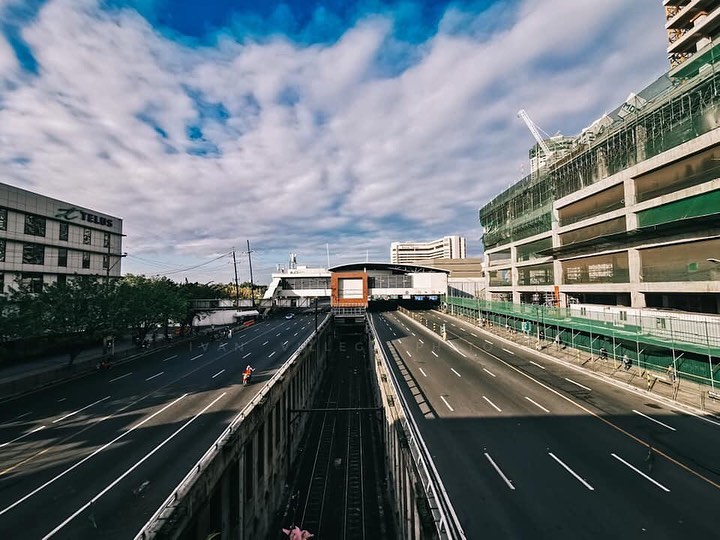
This meant that a mandatory home quarantine was imposed on everyone except for workers of establishments that are allowed to operate, law enforcement, health workers and people in media. They also gave exceptions for people buying basic needs for their families.
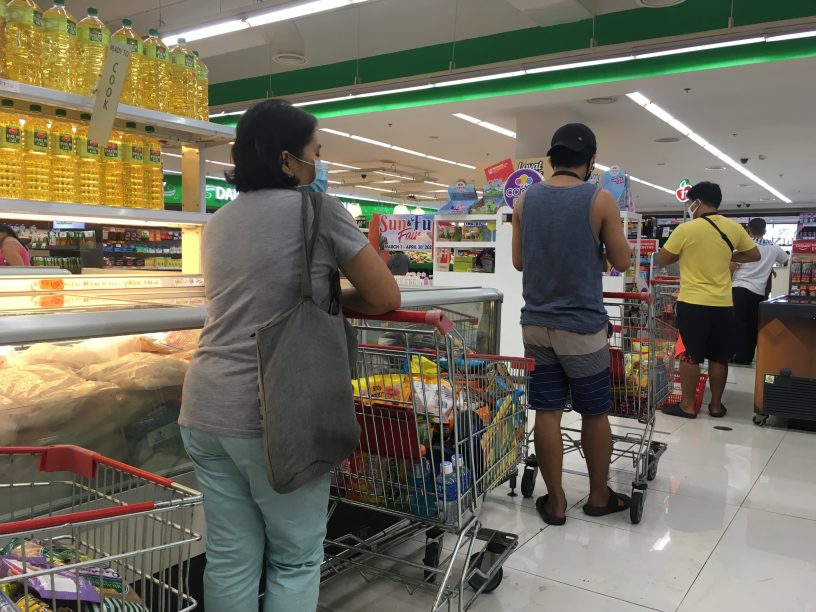
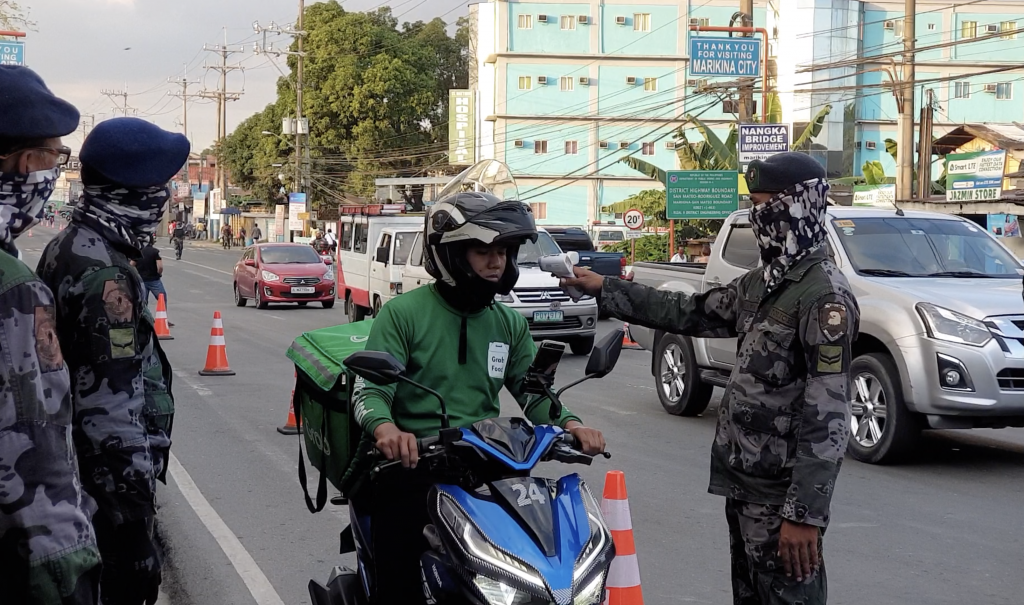
Within five weeks, the recorded 202 positive cases of COVID-19 on March 18 has now climbed to more than 6000. The queues in supermarkets have become horrifyingly long. People have lost their sources of income. Testing on a wide scale is yet to be implemented. Hospitals brim with patients, and our health workers are exhausted, some of them dying from the same virus.
On April 6, the president extended the Enhanced Community Quarantine until the end of the month.
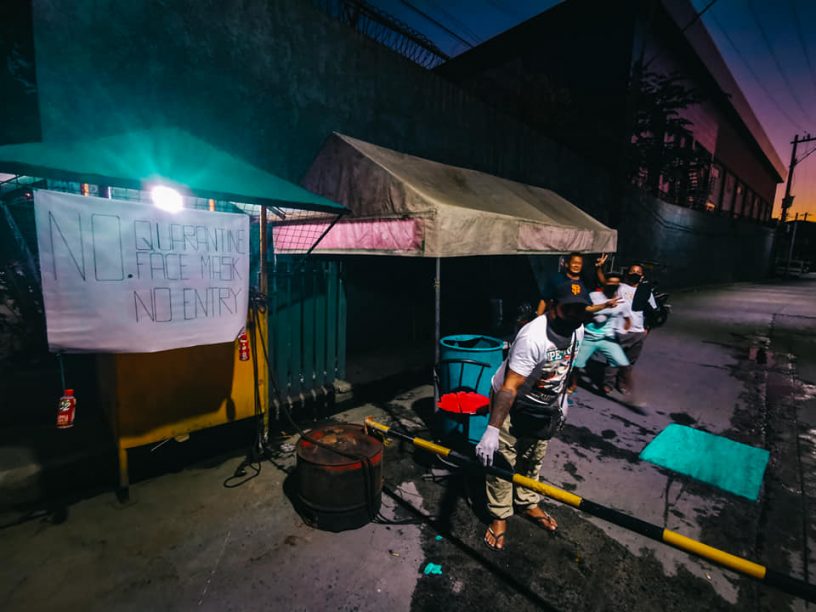
As the weeks marched on, the question on everybody’s mind seems to be “When will this be over?” But nowadays, the coronavirus isn’t the only threat to our health. Because of the uncertainty, our mental health is also on the line. This is why experts say it’s helpful to talk about our struggles. In each other’s stories, we recognize ourselves, and perhaps, find a bit of hope. Here are some of the conversations we’ve started.
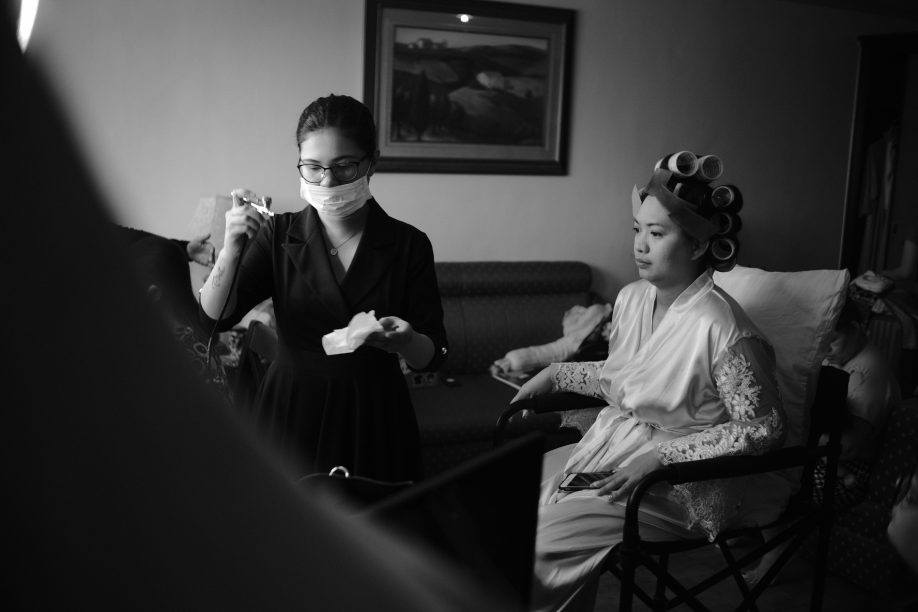
How has the pandemic affected you?
Being a bridal makeup artist is my full-time career. I was looking forward to this year since I have closed a lot of bookings last year. This is supposed to be our peak season but due to the virus, we received a lot of cancellations and postponements. The events industry died in a snap. My husband is a freelance wedding photographer, so both of our jobs depend on events and weddings. Thankfully, my husband recently got online gigs.
What do you think will happen after the pandemic?
Even if the government lifts the quarantine, I don’t think they’ll allow large events right away. What will happen to us then? Unlike other people, we don’t have jobs to return to. Others are lucky to have a work-from-home arrangement. Now, I only get to apply make up on myself.

How has the pandemic affected you?
It has not been easy for me. You know, my husband works at the hospital. Every time he leaves the house for work, paranoia comes in. I always check up on him if he’s feeling sick or feeling any symptoms. But I have to be strong for him and accept that that is his calling, his profession, and he’s taking all the risks for us.
I am still lucky we are getting a full salary since the lockdown. But some of our kababayans have to deal with a “no work, no pay” arrangement. And that breaks my heart.
What do you hope will happen after the pandemic?
I hope that after this, we can go back to our normal lives just like before. I also hope we learn the lessons from this experience. I am hoping for a better society, and for everyone to be safe. I hope all countries will impose a mandatory lockdown every year even just for a week so Mother Nature can heal, and so families can spend more quality time with each other.

How has the pandemic affected you?
It became so clear to me that this crisis is the opportunity to see Christ. By getting out of my comfort zone of house quarantine and endangering myself of possible infection, I saw that God is telling me to fulfill my calling by supporting and feeding our fellowmen, our urban poor and hungry parishioners. Due to the home quarantine, the whole Church kept its stand to protect its sheep from danger of hunger by mobilizing friends, donors and benefactors to help augment materially and financially the scarce relief goods being distributed by the LGU, aside from its slow and inefficient distribution of services to all its constituents.”
What are your fears?
I fear that the number of people affected by COVID-19 would increase exponentially due to lack of medical facilities, technologies, procedures, implementations and effectiveness of those policies, laws and guidelines given by the government in order to fight and stop the said pandemic. But as a priest, I also worry about my own family’s conditions. All our wealth, be it material or social, are all being exhausted yet there seems to be no end to this crisis. Rich people can no longer boast of their wealth in front of other people because we are all required to stay inside our homes.
There is no doubt that global events, such as this pandemic, will shape us. But though things remain uncertain, one thing’s for sure—it may be the Year of Rat, but whatever happens, we have a choice to hold on, adjust and prevail, instead of acting like rats abandoning a sinking ship.
Recto, Blueberry. Panahon TV | Live Producer

